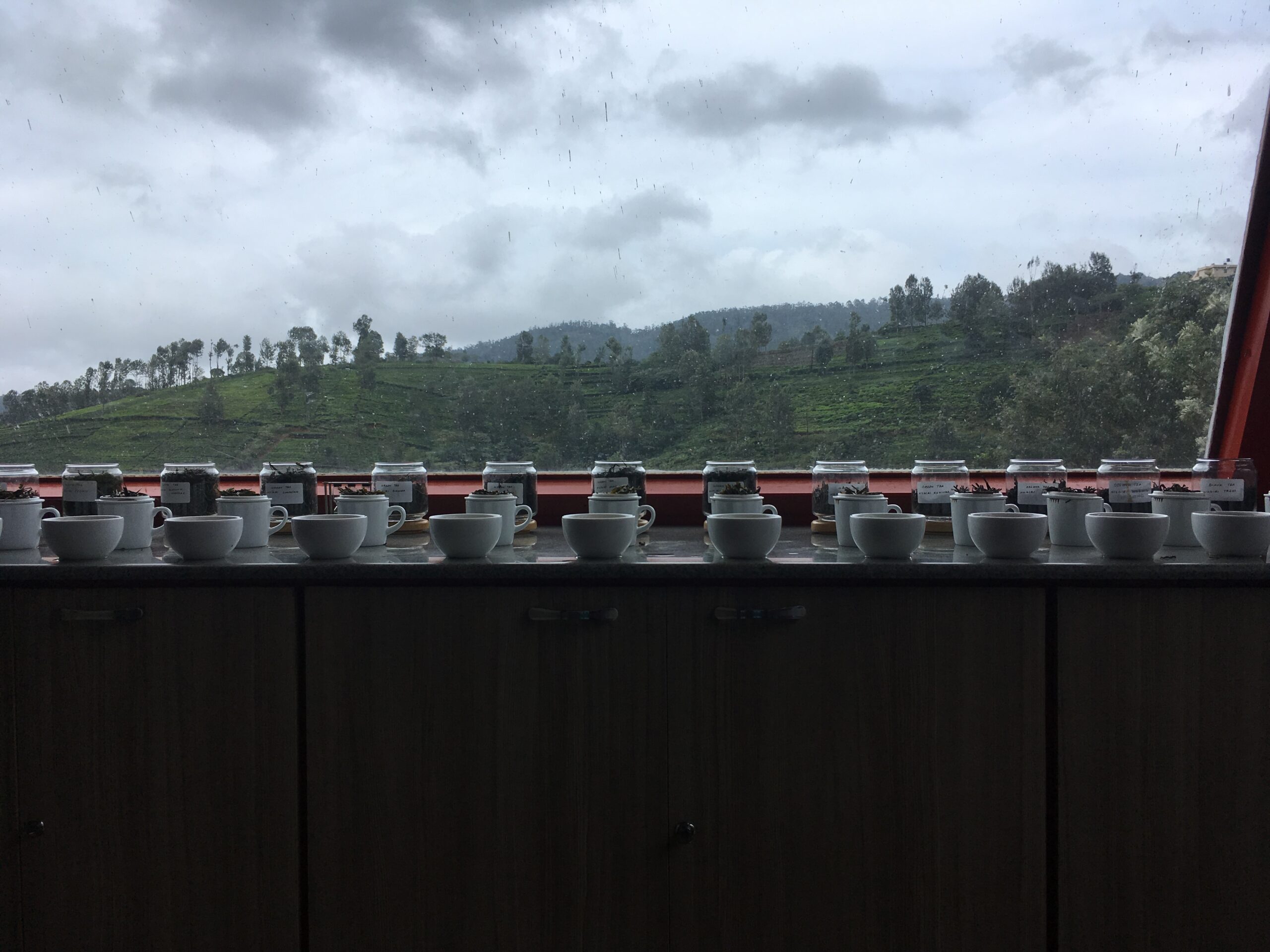By Aravinda Anantharaman | Managing Editor
India Tea News for the week ending 5th April 2024

Assam BLF Association Factories Refuse to Process Non-Compliant Tea
The Assam Bought Leaf Tea Manufacturers Association (ABLTMA) asked its member factories not to accept non-certificated green leaf from smallholders. The association’s 110 bought-leaf manufacturers oppose mandatory auctions and emphasize compliance with the Food Safety and Standards Authority of India (FSSAI) norms but insist that sellers present a NABL-Lab MRL certificate attesting to the tea’s safe use. The association claims a higher price realization when selling directly to buyers and has questioned the tea board’s decision.
FSSAI discovered high non-compliance rates after its laboratories were ordered to test samples from a much larger pool of factories. The government mandate to sell 100% of dust-grade teas at auction followed.
In direct and auction sales, buyers assume responsibility for determining the tea’s safe consumption. Testing for compliance with FSSAI thresholds for 33 chemicals is more rigorous at auction than in direct transactions.
Assam’s BLFs are the state’s primary producer. A single BLF may source from upwards of 400 small tea growers via an agent. The problem lies in two parts: there is no single list of chemicals allowed and disallowed. The FSSAI and the Plant Protection Code each have a set of permissible chemicals. Second, small tea growers are not fully aware of the problem of chemical usage and the need for compliance with prescribed chemicals, which necessitates a lot of education at the grassroots.
One bought leaf owner called for a ban on the disallowed chemicals in the state, which would address the issue to some extent. However, what’s banned for tea may be allowed for other crops. This raises the question of why tea is under the spotlight now. They also say chemical testing is impossible at the factory. If tests were done and the chemicals exceeded FSSAI thresholds, it would be difficult or impossible to trace the contaminated tea to its source. No infrastructure is available for checks at this stage, which is first needed. Following the call to stop production, the Assam state government has intervened, and stakeholders expect a resolution.
The factory managers say they are committed to processing compliant tea, but that needs to be enforced by the tea board at the grower level. Concerns with compliance are not limited to BLF, as many estates also procure green leaf from small tea growers.
UPASI and Tea Board announce the 19th edition of the Golden Leaf Competition
This year’s theme at The Golden Leaf Awards India is TGLIA Teas for Markets. 124 teas have been received from 38 factories across south India, covering the Nilgiris, Wayanad, Anamalais, High Ranges, and Travancore. The first tasting took place on March 30th at Coonoor. Details of the final round have not yet been announced. The competition’s teas will be auctioned on April 22nd.
Elections Present Darjeeling Planters an Opportunity to Seek Intervention
With 2024 being an election year, Darjeeling planters are asking the Centre to intervene and rescue the tea industry from its current crisis. The region has a significant bank of voters from the tea growers’ community, and they expect to be heard.
Weeks before the polls, Darjeeling’s north Bengal hill constituency is grappling with fast-changing political equations. According to reports in the Indian Express, leaders are switching their allegiances, and parties are receiving support from unexpected quarters.
The political landscape in the constituency has always been tumultuous, with regional forces playing a deciding role in sealing the fate of national party candidates amid the overriding sentiment of separate statehood demand (Gorkhaland).
The BJP has won the constituency since 2009. Unlike previous winners (Jaswant Singh and SS Ahluwalia), Raju Bista has been given a party ticket to retain the seat he won in 2019 by a landslide margin of over 4 lakh votes, writes Indian Express.
Powered by RedCircle


